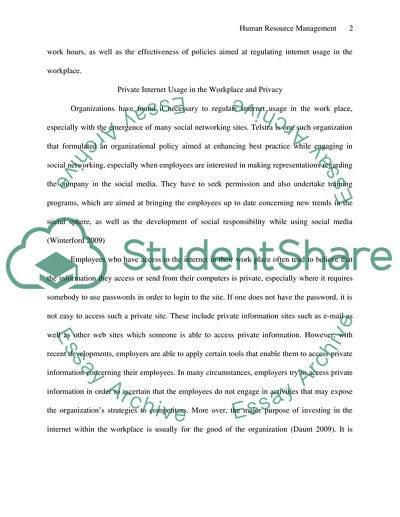Cite this document
(“Private Internet Usage in the Workplace and Privacy Research Paper - 2”, n.d.)
Private Internet Usage in the Workplace and Privacy Research Paper - 2. Retrieved from https://studentshare.org/information-technology/1726178-human-resource-management
Private Internet Usage in the Workplace and Privacy Research Paper - 2. Retrieved from https://studentshare.org/information-technology/1726178-human-resource-management
(Private Internet Usage in the Workplace and Privacy Research Paper - 2)
Private Internet Usage in the Workplace and Privacy Research Paper - 2. https://studentshare.org/information-technology/1726178-human-resource-management.
Private Internet Usage in the Workplace and Privacy Research Paper - 2. https://studentshare.org/information-technology/1726178-human-resource-management.
“Private Internet Usage in the Workplace and Privacy Research Paper - 2”, n.d. https://studentshare.org/information-technology/1726178-human-resource-management.


